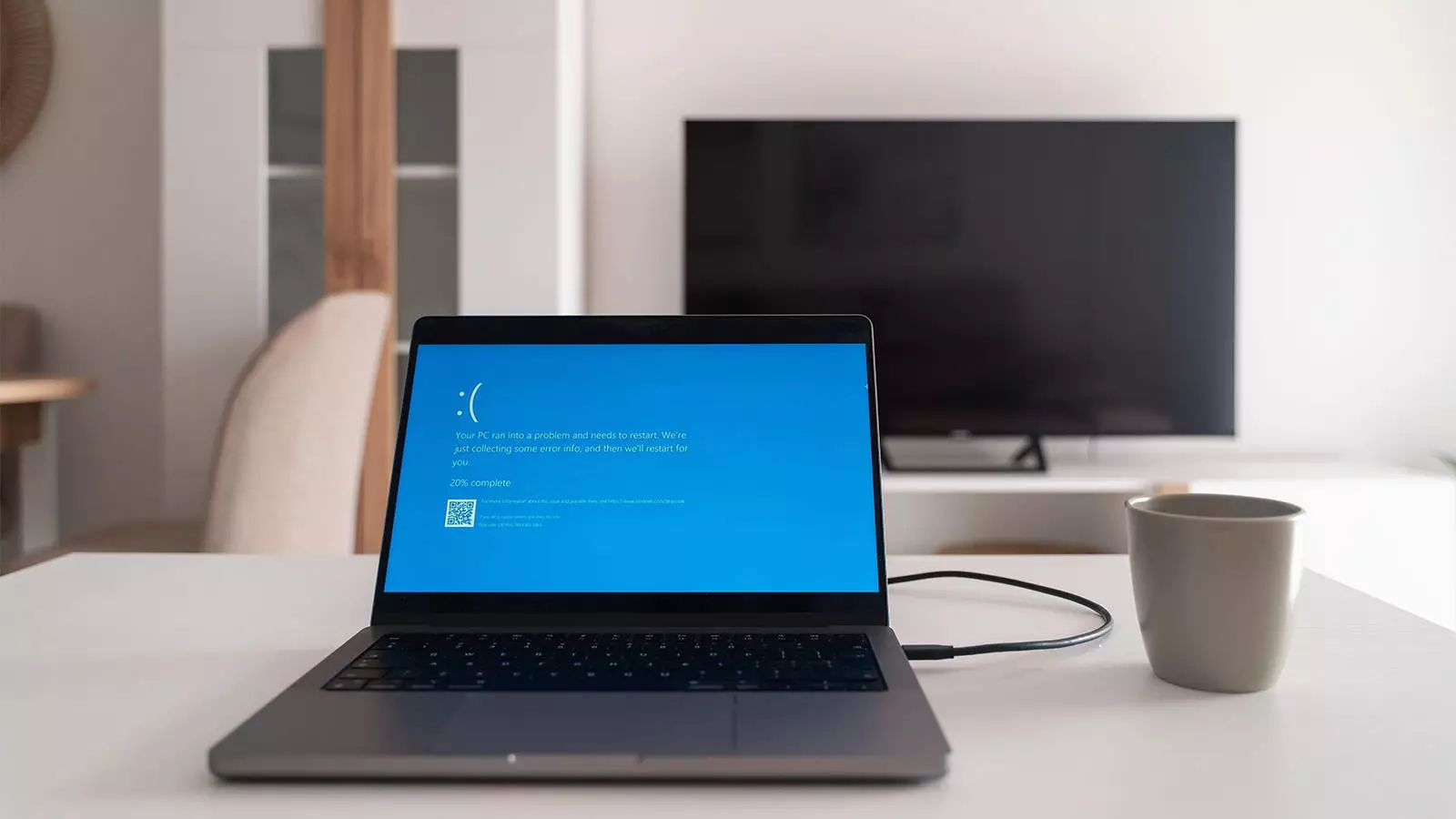As the world was shaken by a software update glitch causing chaos in computer systems, the healthcare sector also felt the impact. The overreliance on technology in healthcare was put to the test as institutions had to resort to manual procedures due to system outages. This incident raised critical questions about the extent to which the healthcare industry has integrated technology into its operations.
Technology has undoubtedly revolutionized the healthcare industry, offering unprecedented advancements in patient care and management. From electronic health records to diagnostic tools, technology has improved efficiency and accuracy in healthcare delivery. However, the recent software glitch brought to light the potential vulnerabilities associated with such heavy reliance on technology.
The disruption caused by the software update glitch forced healthcare professionals to revert to traditional methods of patient care. The reliance on handwritten notes, manual information recording, and paper-based prescriptions highlighted the fragility of healthcare systems in the absence of technology. This incident underscored the need for healthcare providers to have contingency plans in place to mitigate the impact of system failures.
While technology has undoubtedly enhanced healthcare delivery, it risks overshadowing the human element in patient care. The interactions between healthcare providers and patients, characterized by empathy and understanding, form the core of healthcare delivery. The challenge lies in striking a balance between technological advancements and maintaining the human touch in patient care.
The software update glitch serves as a wake-up call for the healthcare industry to reevaluate its dependence on technology. While technology offers immense value in healthcare, the incident highlighted the need for a more robust backup plan and increased emphasis on human-centered care. Healthcare providers must prioritize patient interactions and empathy, alongside technological advancements, to ensure comprehensive and holistic care.
The recent software update glitch exposed the vulnerabilities of healthcare systems that are heavily reliant on technology. While technological advancements have revolutionized healthcare delivery, the incident emphasized the importance of maintaining a balance between technology and human-centered care. Healthcare providers must continue to integrate technology into their practices while prioritizing the human touch in patient interactions to ensure effective and compassionate care.



Leave a Reply